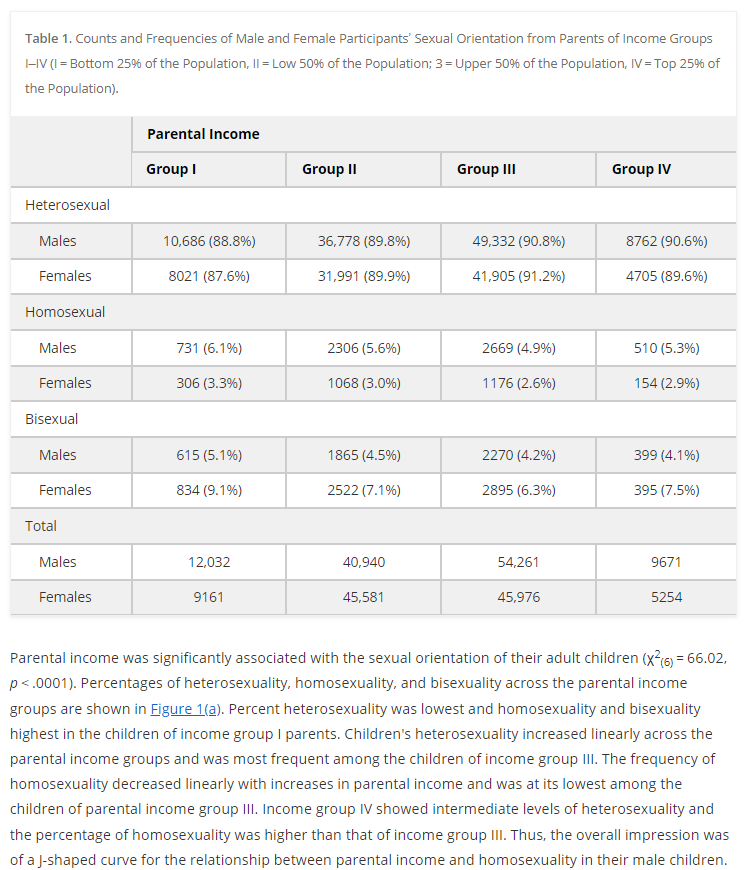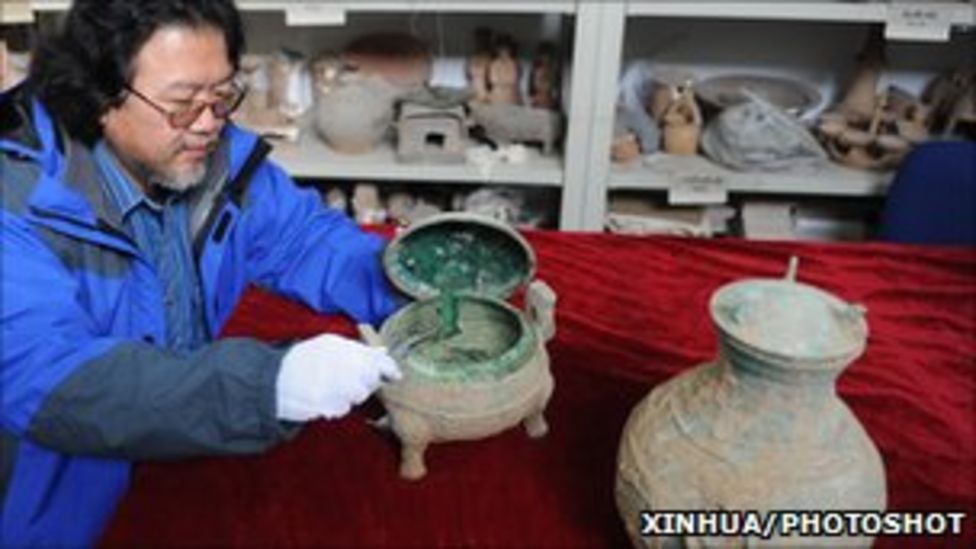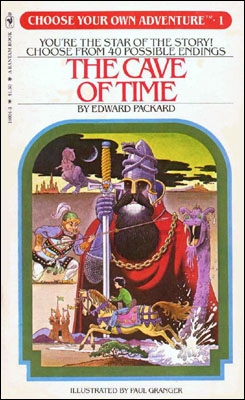 Evolutionary Psychology: Your Parents Income During Pregnancy Made You Gay
Evolutionary Psychology: Your Parents Income During Pregnancy Made You GayEvolutionary psychology, the discipline that claimed we're being manipulated by flowers and evolved...
 Oil Kept Congo From Starving - Western Academics Don't Seem To Like That
Oil Kept Congo From Starving - Western Academics Don't Seem To Like ThatIf even a wealthy like Germany has to lie about emissions to placate government-funded environmentalists...
 China Sells Western Progressives Solar Panels While Switching To Nuclear Power
China Sells Western Progressives Solar Panels While Switching To Nuclear PowerChina has quietly overtaken France to become the world's second-largest producer of nuclear energy. ...
 If You Care About Earth Day, Stop Buying Organic, Fair Trade And Other Junk Stickers On Products
If You Care About Earth Day, Stop Buying Organic, Fair Trade And Other Junk Stickers On ProductsAs Lenin's Birthday Earth Day approaches, all of media are pillaged by public relations flaks being...












